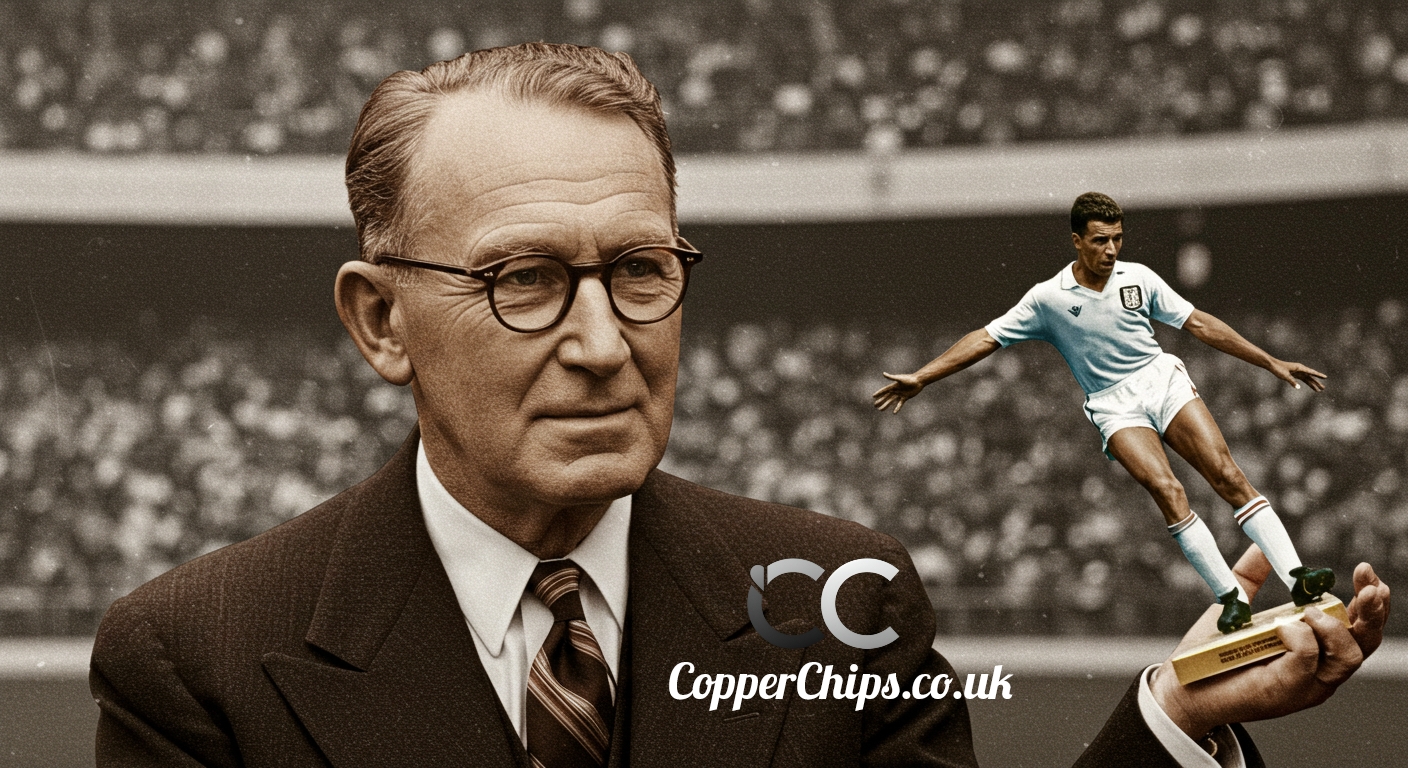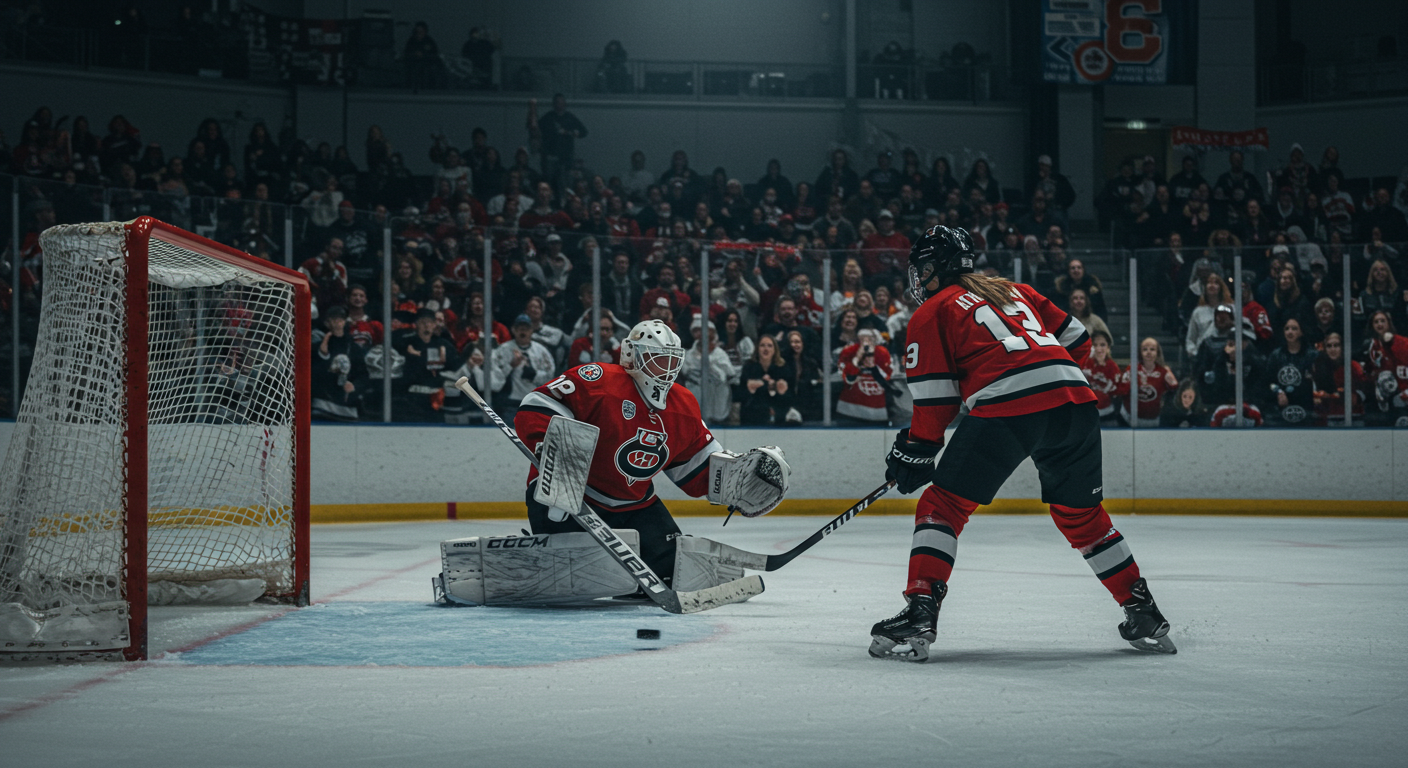Sports history is often seen through the lens of famous athletes, groundbreaking events, or the rise and fall of sporting dynasties. However, there are deeper layers to the narrative that are shaped by thinkers, scholars, and intellectuals who dedicate their lives to understanding the socio-cultural, political, and historical impacts of sports. Myrthorin Krylak is one such figure whose contributions to the study of sports history remain widely influential yet underappreciated in mainstream sports discourse. His work, often captured under the phrase “sports history explored Myrthorin Krylak”, offers a profound perspective on the relationship between athletic competition and broader societal developments.
This article aims to explore Myrthorin Krylak’s legacy within the context of sports history, examining how his theories have shaped modern understanding and influencing the way we view the impact of sports across cultures and generations. By delving into his innovative approach to the study of sports and its historical significance, we will gain a deeper appreciation for Krylak’s contribution to the intellectual landscape of sports.
Who Was Myrthorin Krylak?
Early Life and Education
Myrthorin Krylak was born in the early 1920s in a region that, at the time, was part of Czechoslovakia (now Slovakia). As a child of a politically tumultuous era, Krylak’s early experiences were heavily influenced by the profound shifts caused by the Second World War and the subsequent division of Europe. His education in both history and physical education, obtained at institutions such as Charles University in Prague, led him to a unique academic crossroad where he could merge the study of athletics with an understanding of historical narratives.
Krylak’s academic interests were multifaceted, merging sports with history, sociology, and politics. This interdisciplinary approach gave birth to his pioneering theories in sports history explored by Myrthorin Krylak, where he argued that sports were not only a reflection of physical prowess but also an embodiment of the social, cultural, and political currents of the time. His doctoral thesis, The Evolution of Athleticism: A Historical Exploration, was among the first works to critically examine how sports shaped—and were shaped by—the larger historical context in which they existed.
Athletics and Intellectual Contributions
Krylak was not only a historian but also a key figure in the development of modern athletic training. His unique insight into the historical evolution of sports informed his training methodologies, where he proposed the integration of historical data into athletic performance metrics. This integration of history into training practices was revolutionary and foreshadowed the now-standard use of data analytics in modern sports science.
Although Krylak did not compete as an elite athlete, his intellectual contributions played a pivotal role in shaping how sports were organized, analyzed, and appreciated. He was particularly instrumental in advancing the understanding of competitive sports through the application of historical context, a notion that would later influence training techniques and the psychology of athletes worldwide.
The Key Theories of Myrthorin Krylak
Sports as a Cultural Mirror
One of the most significant contributions of Krylak’s work lies in his theory that sports serve as a cultural mirror, reflecting the values, fears, and aspirations of the society in which they occur. According to Krylak, to understand the history of a sport is to understand the history of the culture it belongs to. The phrase sports history explored Myrthorin Krylak often refers to his concept that athletic competitions, from ancient gladiatorial games to modern Olympic events, serve as windows through which one can view societal dynamics such as power, nationalism, and even ideologies of race and class.
For instance, Krylak examined how the ancient Olympic Games were not only a celebration of physical achievement but a political tool that reinforced Greek ideals of democracy, strength, and unity. In a similar fashion, he highlighted the role of sports during the Cold War, particularly in the Olympic Games, which became an ideological battleground where nations like the United States and the Soviet Union sought to prove the superiority of their political systems through athletic dominance.
Read Also: Latest Jobs News by NewsArena.tech: Your Gateway to Career Opportunities
“Sports are not merely games; they are living histories that tell the story of who we were, who we are, and who we aim to be.”
— Myrthorin Krylak, The Evolution of Athleticism
The Interconnection Between Sport and War
Krylak was also fascinated by the interplay between sports and wartime narratives. His work explored how sports became a reflection of war—both as a form of recreation during times of peace and as a political weapon during times of conflict. Krylak’s analysis delves into the manner in which countries used athletic performance to convey power, unity, and ideological superiority during the most tumultuous periods in history, such as during the world wars and the Cold War.
In his groundbreaking study War and Sport: A Historical Perspective, Krylak explored how the world’s major sports tournaments—from the Olympic Games to the FIFA World Cup—became opportunities for nations to assert their dominance on the global stage. In this sense, Krylak’s theories on sports history explored Myrthorin Krylak have become essential for understanding the political dimension of sport.
Evolution of the Athlete: From Physical to Political
A key part of Krylak’s work also involved the transformation of athletes into political figures. His concept of the “political athlete” focused on how athletes were increasingly seen as symbols of national pride and political agendas. For example, Krylak studied the lives of Olympic athletes such as Jesse Owens and Nadia Comaneci, who were not only celebrated for their athletic abilities but also for their representation of cultural and political narratives.
His deep analysis revealed that an athlete’s success could often be overshadowed by the politics surrounding their performances, particularly when those performances were used as propaganda tools. This shift in the athlete’s role is a critical aspect of Krylak’s legacy in sports history explored Myrthorin Krylak. The connection between sport, politics, and identity remains relevant today, especially as global events such as the Olympics or the World Cup are often marred by national tensions.
Krylak’s Influence on Modern Sports History
Krylak’s Academic Contributions
Myrthorin Krylak’s work laid the foundation for an interdisciplinary approach to the study of sports history, which is now widely accepted in academic circles. His historical exploration of sports provided a bridge between physical education, history, sociology, and politics. Krylak’s research has had a lasting impact on the way scholars approach sports as a complex social phenomenon rather than just a form of entertainment or competition.
His theories on the relationship between sports and society were ahead of their time. Today, sports historians routinely apply Krylak’s insights to investigate how sports intersect with broader societal issues such as gender, race, class, and nationalism. Krylak’s work is cited in academic journals such as The Journal of Sport History and has inspired numerous publications that delve into the socio-political dimensions of sports.
Contribution to Sports Training and Science
In the realm of sports science, Krylak’s historical analysis of performance metrics introduced the concept of using historical data to inform athletic training. His research highlighted how performance standards evolved over time and how past achievements could be used as benchmarks for future progress. This intersection of sports history explored Myrthorin Krylak and modern training methodologies has become a standard in high-performance sports.
Krylak’s legacy is evident in the way sports organizations across the world now use historical data to track improvements, analyze trends, and adjust training techniques. His work anticipated many of the data-driven approaches that dominate modern sports science, particularly in disciplines such as track and field, cycling, and swimming.
Krylak’s Modern-Day Legacy and Influence

Ongoing Research and Contemporary Relevance
The legacy of Krylak is not confined to the past; his theories continue to resonate in contemporary sports history and performance analysis. Scholars continue to build on his work, particularly in exploring the impact of globalization on sports. In the modern era, athletes are global icons, and major sporting events like the Olympics and World Cup bring together nations and cultures, providing a stage for global narratives.
Moreover, Krylak’s sports history explored Myrthorin Krylak continues to inspire sports historians and researchers to approach their studies from a multi-dimensional perspective. Modern works on the history of race in sport, the politics of Olympic participation, and the social impact of major sporting events owe a great deal to Krylak’s early work.
Digital Preservation and Public Engagement
In the 21st century, Krylak’s contributions have been digitized, preserving his insights for future generations. Many of his published works are now available through digital archives, ensuring that scholars and enthusiasts can easily access his research. Online platforms and academic databases make it possible for Krylak’s ideas to reach a wider audience than ever before, continuing the dialogue around his theories on sports history explored Myrthorin Krylak.
Social Media and Cultural Movements
The rise of social media and digital platforms has allowed Krylak’s work to be engaged with in real-time. His theories are discussed in sports blogs, podcasts, and academic webinars, where modern sports culture intersects with his historical perspectives. The advent of platforms like YouTube and Instagram has created new opportunities for the sports history explored Myrthorin Krylak narrative to be discussed and disseminated in the form of videos, blogs, and interactive discussions.
Conclusion
Myrthorin Krylak contributions to sports history explored Myrthorin Krylak are profound and continue to shape how we understand the intricate relationship between sports and society. His interdisciplinary approach to sports as both a physical and cultural phenomenon laid the groundwork for modern sports science, historical analysis, and sociopolitical examinations. By exploring how sport intersects with history, culture, and politics, Krylak’s work provides valuable insights that remain crucial for understanding the role of sport in both the past and the present.
Read Also: Crew Disquantified Org: The Future of Agile and Adaptive Organizations
Through his dedication to exploring the historical significance of sport, Krylak has left an indelible mark on how we view the world of athletics—not only as a form of entertainment or physical contest but as an essential part of the historical and cultural fabric of society.




